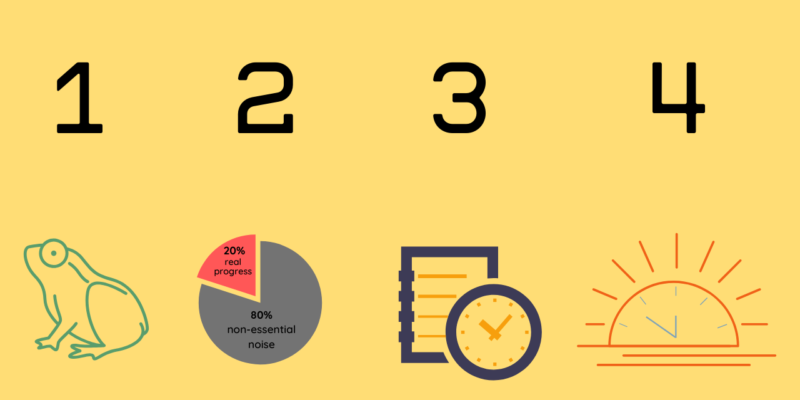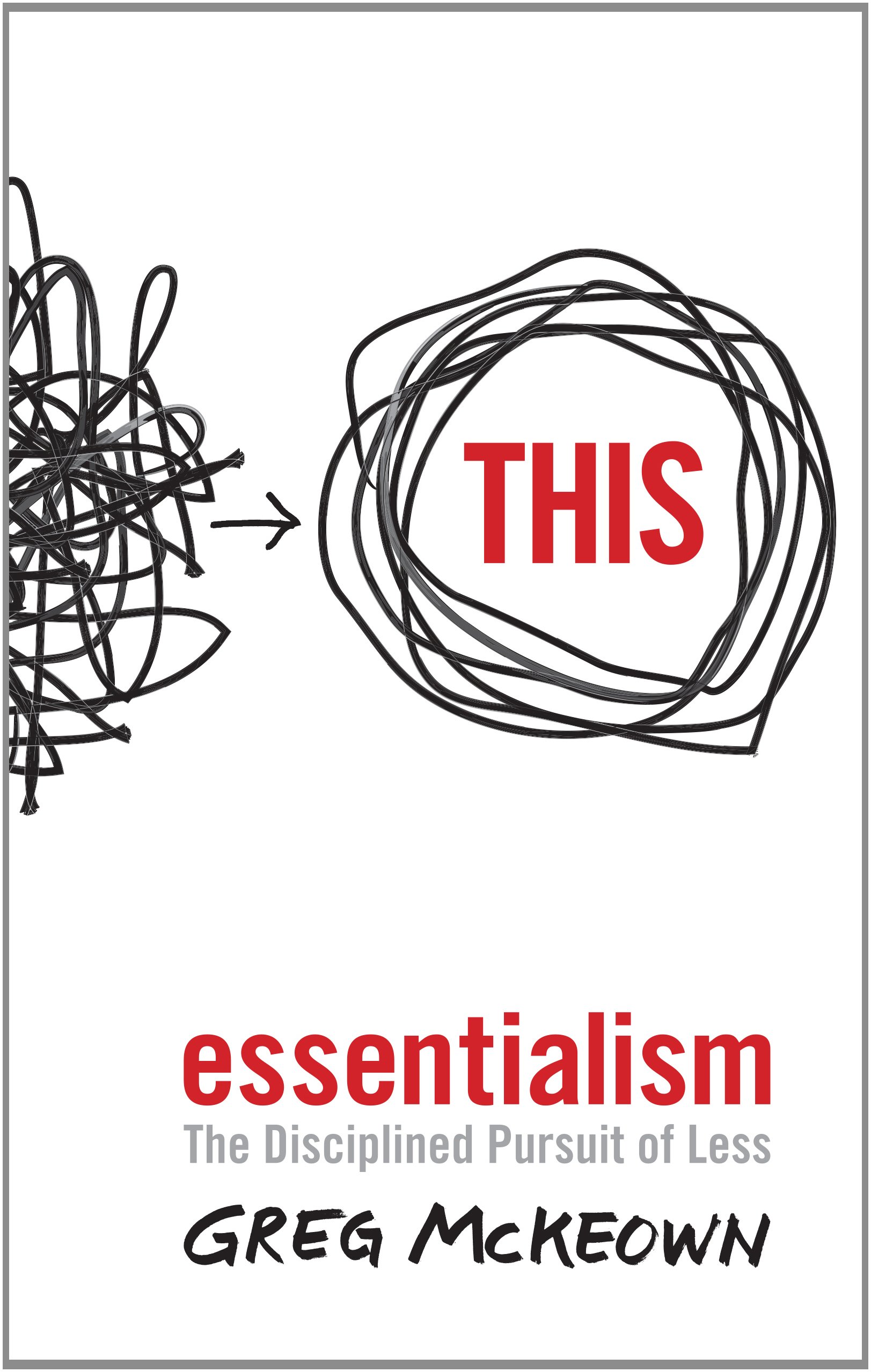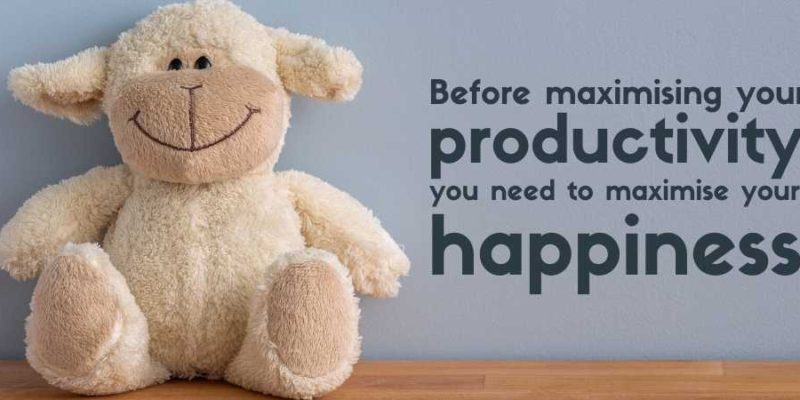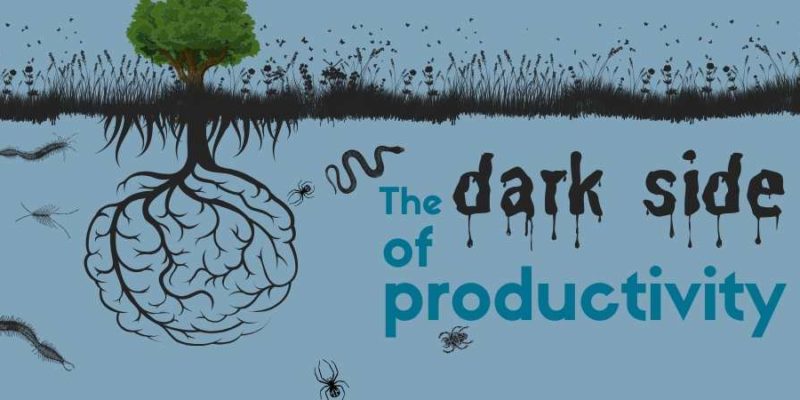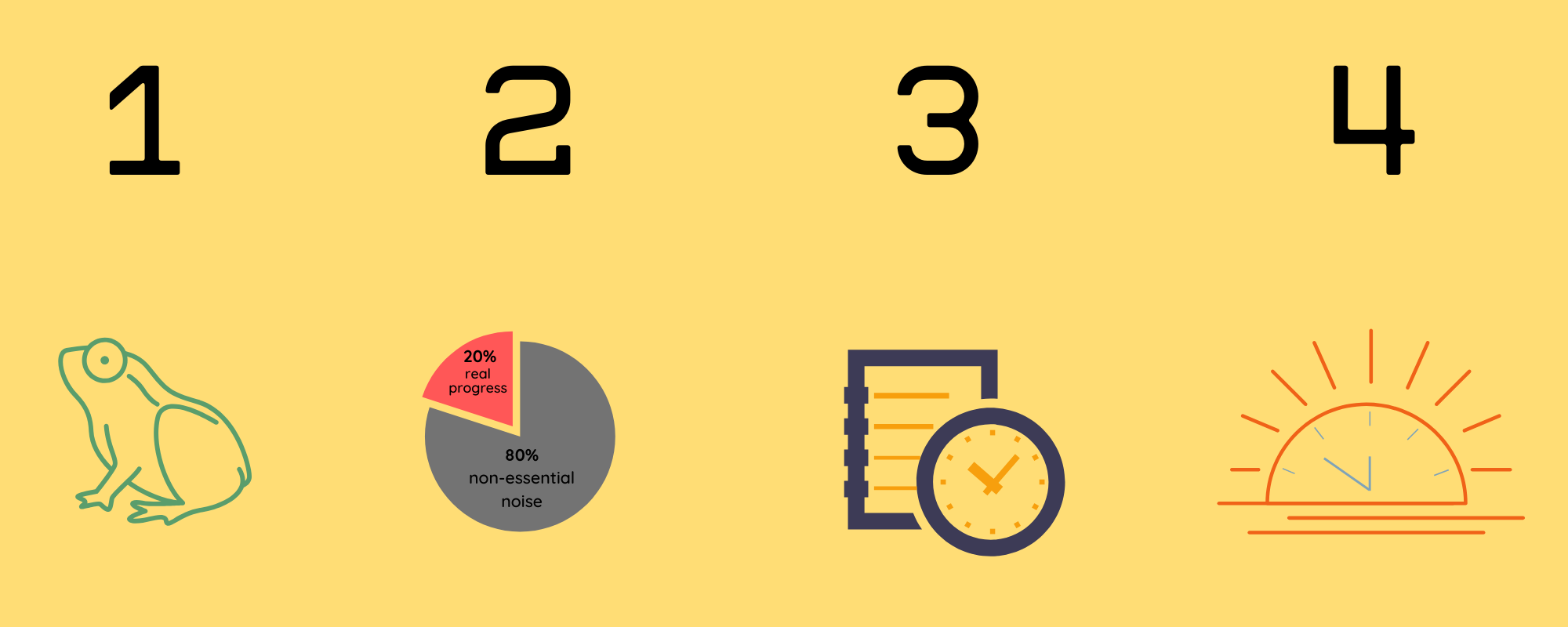
Do you feel like you're not getting enough out of your day? Would you like to achieve more?
In this article, I will reveal the 4 most effective productivity techniques that have proven to yield great success amongst highly productive people. These are the secret tools that have got them to where they are today. I have also explained how you can easily start using these productivity techniques yourself.
Doing just one of these productivity techniques will get you really far. Do all of them, and you will be way ahead of most other people.
Productivity Technique 1
EAT THAT FROG

Take a few seconds to think about this:
Which one of today's tasks are you most likely to procrastinate on?
Have you found it? That is the task you should do first thing in the morning.
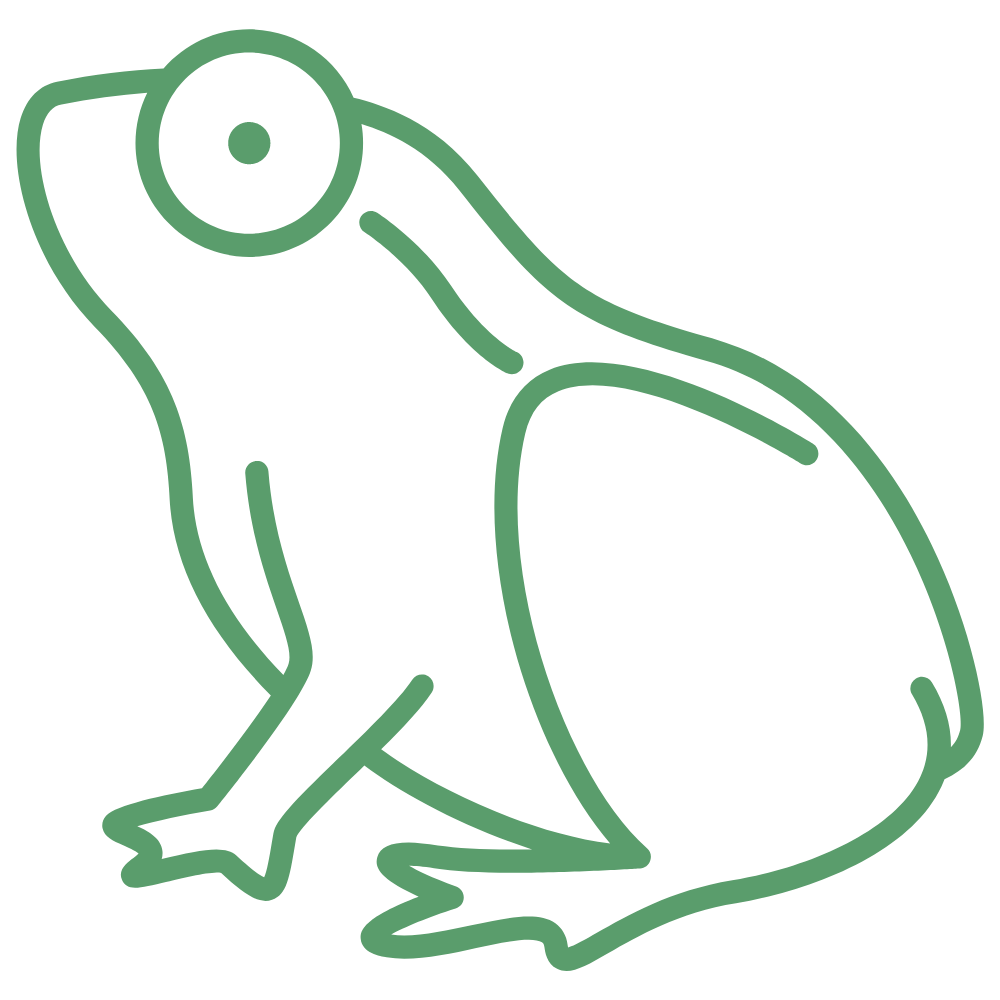
With the hardest and most important task out of the way, you have the comfort of knowing that the worst thing that is going to happen to you today has probably already happened. At least, this is the justification that Mark Twain used in his famous quote:
"Eat a live frog first thing in the morning and nothing worse will happen to you the rest of the day."
This might sound like a funny joke, but there is a seriously powerful message behind this quote. Let me explain.
If you delay the scariest or hardest task until later in the day, the very thought of that this is yet to come might put you off and slow you down. If you don’t do it straight away, you run the risk of finding excuses to delay it even further by finding more tasks to do before you do the hard one. The more you let the frog wait, the bigger and uglier it becomes.
Start your day off with your most demanding task first and work efficiently and focused until it’s done. It can be a good idea to combine this with the Pomodoro Technique.
Do the most difficult task while you have the most energy
There is another reason why I think that this is a good strategy. You are at your freshest in the morning. Later in the afternoon you start getting tired, and you are more likely to procrastinate. If you leave your most difficult task until the afternoon, you dramatically increase the chances that it will be done either slowly, painfully or badly, or just not done at all.
The Power of Habit
Making a habit out of this will set you up for success and will train you to take action on things instead of just planning and thinking about what to do. Achieving your goals cannot happen without taking action on your plans. Taking action is difficult. It takes discipline and sometimes courage. This is where a lot of people fail. Since they don’t use the right time management tools, the tasks they set themselves become too difficult, and they choose to stop doing it.
There is a way of overcoming this and make these really difficult tasks easier. This might be what you need in order to carry on instead of giving up. The best way to achieve this is by using this technique day after day. Do you know what will happen then? Something really powerful: habit.
A reason why some people give up is that they use this productivity technique sporadically, only sometimes. What happens then is that they don’t develop the habit that makes this easier. They give up, not because they are not disciplined enough, but because they haven’t used the right time management strategies regularly.
Habit has the extraordinary ability to make difficult things easy. Here's a secret for you. We all know how impressive it is when people just keep working hard at the same thing for months on end, or even years. How do they do it?! They must be really disciplined, right? Well, here’s the big reveal: It becomes easier with time. Much easier.
They must have been disciplined in the beginning, but as they get more and more used to being in a state of productivity, they have to be less and less disciplined. It's because they've made it into a habit. They've become addicted. They have come to a stage where it’s easier for them to be productive than not to. You just have to endure the beginning. Keep doing it regularly. Don't overload yourself from the start, or it might scare you. It's much easier to add to the workload later than to do too much from the beginning.
Let me end with a quote by Greg McKeown:
"Learning essential new skills is never easy. But once we master them and make them automatic we have won an enormous victory, because the skill remains with us for the rest of our lives. The same is true with routines."
Make it into a routine to eat a fat, ugly frog every morning, and soon it will go down like a delicious croissant.
Productivity Technique 2
THE 80/20 RULE

80% of the work you do creates only 20% of the progress. On the other hand, 20% of your tasks create 80% of the growth and progress. This is usually the case for most undertakings.
The 80/20 rule signals that you should focus only on the few tasks that yield the most outcome.
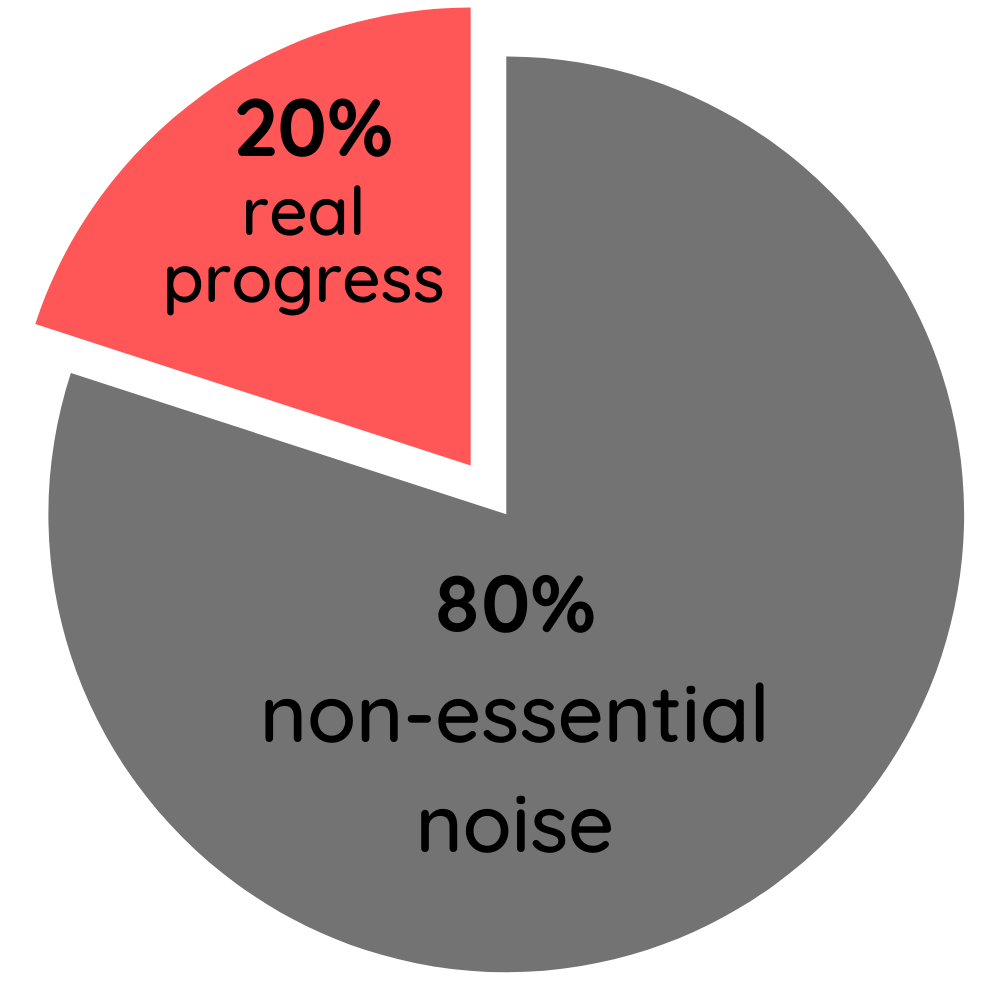
It’s usually only a small portion of the work you do that creates any substantial progress. Most other things are just non-essential noise. This rule is very similar to a lifestyle concept called "essentialism". "Essentialism" is also the title of a book by Greg McKeown who I quoted above. In this book he makes an impressive case for the concept of "less but better":
“Essentialism is not about how to get more things done; it's about how to get the RIGHT things done. ... It is about making the wisest possible investment of your time and energy in order to operate at your highest point of contribution by doing only what is essential."
When you start pursuing only the right activities and get rid of the noise, your productivity will increase as a result.
Once you have done your most important tasks, you have a choice. You can either go on to the other 80% of the work that creates less outcome, or you can choose to do even more of the 20% work to increase the quality of the work that is already working. This decision depends on what you're doing, so you have to judge your own situation.
If you can figure out how to implement this productivity technique and tailor it for whatever it is that you’re trying to achieve, you can reach your goals a lot faster and more successfully. McKeown’s book "Essentialism" is full of wisdom about this topic. I highly recommend that you check it out.
Productivity Technique 3
TIME BLOCKING

For me, Time Blocking is the one technique that completely transforms the number of tasks I can get done in a day. It's in my opinion (and to the best of my knowledge) the best time management technique that exists in the whole Milky Way galaxy.
CEO's and business leaders such as Bill Gates, Elon Musk and Mark Zuckerberg rely on it every day to get their tasks done. So does a ton of other productive people.
Now I’m going to give a quick explanation of how this technique works so that you can get started with it straight away.
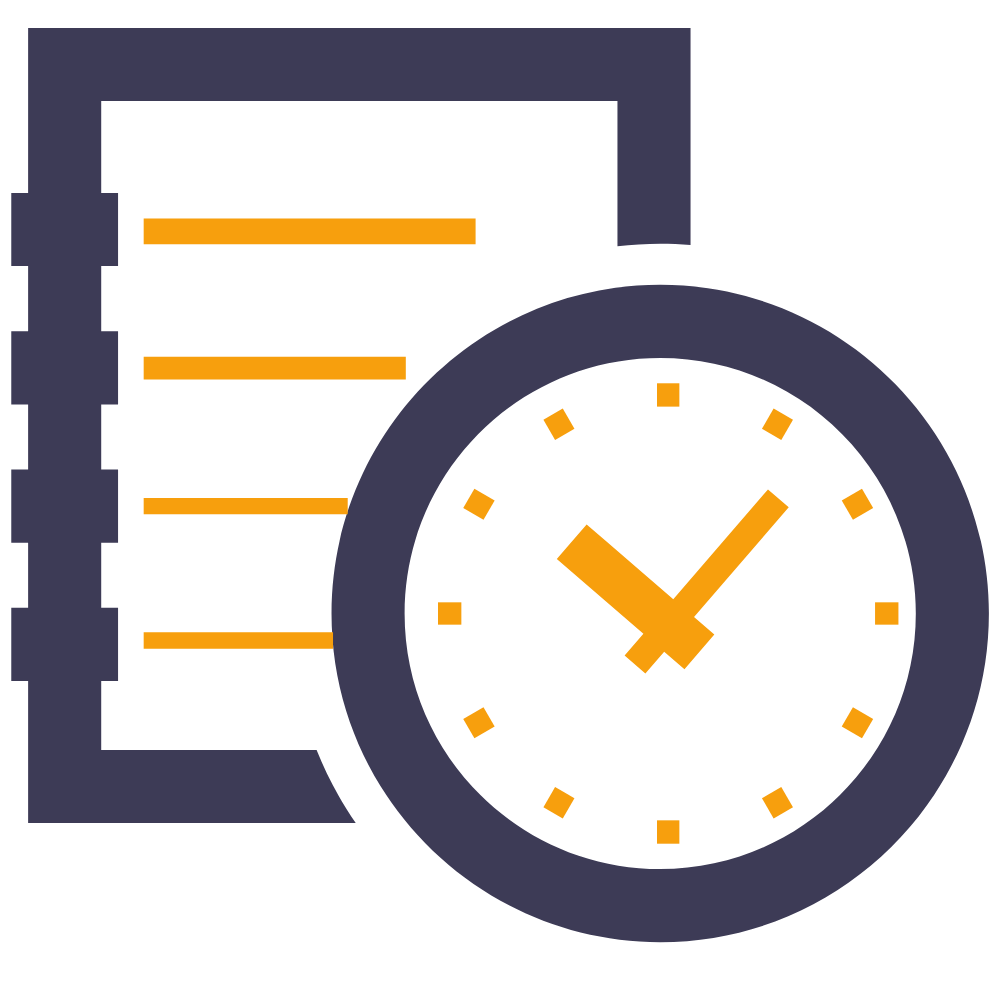
Out of all productivity techniques, those that have to do with time management are probably the most crucial. The reason why Time Blocking is such a powerful technique is that it’s an all-in-one tool that very successfully implements three important time management concepts:
1 - Taking breaks
2 - Scheduling
3 - Setting early deadlines
Before I go through how to make a good Time Blocking schedule, we need to look a little bit closer at these three concepts.
Taking breaks
Regular breaks are important in order to sustain your energy level for the whole day. Your ability to focus depends on your energy. And efficiency depends on your ability to focus. If you work in a focused state without taking breaks, you will eventually become so tired that not even a longer break can fully recover you and restore your energy level. Taking regular breaks will keep your level of fatigue below this “point of no return” and allow you to work efficiently the whole day.
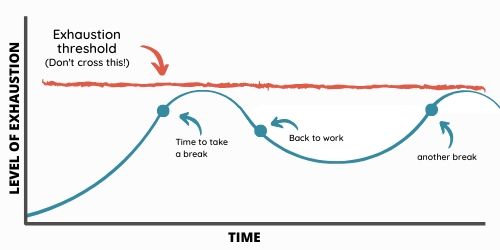
Scheduling
Finding a way to split your day and tasks into smaller sections is essential to get the most out of your time. Before you start doing anything, you need to know what to do and when to do it. The reason for this is so that you don’t waste any time deciding what you’re going to do next after you have completed every task. You can simply jump to the next task on your list without hesitation.
Setting early deadlines
Here is a funny thing about deadlines. It doesn’t really matter when you set them. Why not? Because you're going to reach them anyway.
When you work without deadlines, you will automatically work much slower. And when you set deadlines, you will work more efficiently. This happens often without you even noticing it.
I'm not only talking about deadlines for projects that take weeks to complete. I'm talking about short tasks that take 1 hour, 20 minutes or even 5 minutes.
Here's what's really crazy. If you give yourself 5 minutes to draft out an email instead of the usual 10 minutes you give yourself, amazingly, you will still complete it. This mysterious phenomenon is known as Parkinson’s Law: “Work expands to fill the time allotted for it."
So, how do I make a Time Blocking Schedule?
The three concepts I mentioned above (taking breaks, scheduling and setting early deadlines) are all easily achieved when you use the Time Blocking technique.
You simply assign all tasks you have to do on a certain day to specific times of the day. It's like a detailed to-do list where you have written out when to do each thing instead of only what to do.
To make using this technique worthwhile, you need to make the schedule in a way that doesn’t take up too much time. I’m going to show you the quickest way of doing this.
Use a spreadsheet
Using a spreadsheet is probably the easiest and most efficient way of making and using the Time Blocking technique. You can use the same template over and over again. It’s also easy to save earlier copies to see how you improve or how your schedules evolve over time, which can be extremely useful.
I use a spreadsheet on Google Drive, and it looks like this:
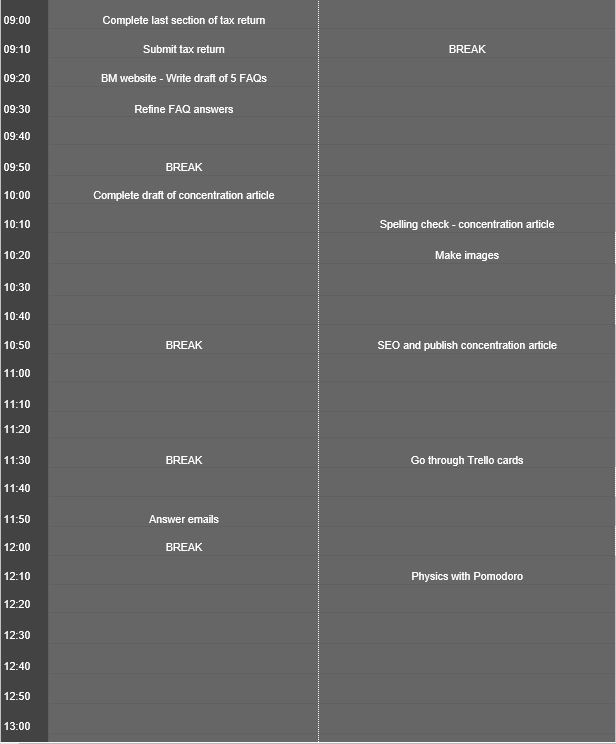
As you write out your schedule, there are some key things to consider
Be specific and detailed. Large tasks should be split into smaller sub-tasks whenever this is doable. Try to strip each task down to the bone, so you have one single focus for each block of time you have assigned. Remember Parkinson’s Law.
Productivity Technique 4
ESTABLISH A MORNING ROUTINE

How you spend the first hour of your mornings can have a huge effect on your productivity for the rest of the day.
In this section, you will learn why it's so important and how you can take advantage of your mornings to be extremely productive for the rest of the day.
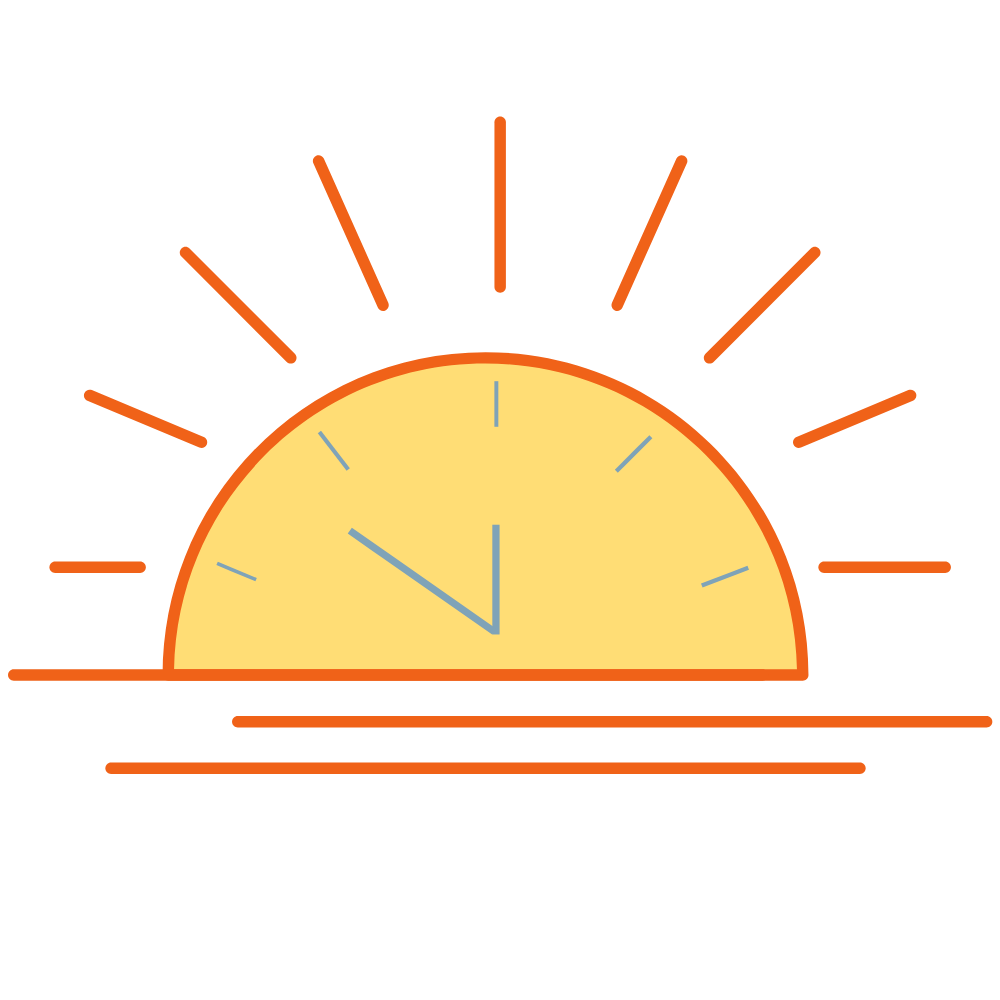
If you want to have a productive day, the first hour of your day should be spent on activities that empower you to be as productive as you can. What this activity is is different for everyone. So you have to figure out what empowers you. You just need to be aware that the very first thing you do after you wake up is often the deciding factor for how you are going to feel for the rest of the day.
There are two main reasons for this.
- Instead of waking up and not knowing exactly where to start and feel disorganised, you know exactly what to do from the moment you wake up. This will create a feeling of direction and purpose.
- You will practise being disciplined. This is more of a side bonus. But by continuously doing the same routine every morning, you will practise the crucial skill of being disciplined.
If you start the day off by doing one of the tasks on your to-do list, you've already achieved one of your goals for that day. And knowing that you still have the whole day in front of you feels very empowering. Now that you're in this state, it's a lot easier to start the next task than if you had a slow start of the day where you were thinking: "It's already been two hours since I got up and I've done nothing." It feels like the day is lost already and that it doesn't matter if you waste some more time. There's always tomorrow...
This is how it works: When you wake up, the day is a blank piece of paper. In the morning, you have the opportunity to fill this blank piece of paper with anything you want. Most people fall into the trap of doing something "comfortable" first thing in the morning. Usually, being productive is associated with something "uncomfortable". This way of thinking can be detrimental to your productivity. The more time that is spent in this "comfortable" state, the harder it will be to start being productive.
Do you know when the easiest time of the day to get into a state of productivity is?
Well, guess what. It's in the morning! If you manage to do the initial push to do something you associate with "productive" or "uncomfortable" in the morning, you might realise that it wasn't so bad after all. Usually, it feels uncomfortable the moment just before you start the actual activity. Once you've started the activity, it's easier to continue. And after you have completed this first activity, it feels like a piece of cake getting started with the next one. And before you know it, you're on a roll.
This is mostly due to the "high" you get from feeling productive.
The wisest thing you can do in the morning is to take advantage of this "blank slate" opportunity before it's too late. Get used to doing the initial push to that will set you up for a productive and successful day.
What should your morning routine be?
Some popular morning routines for highly productive people are meditation, journaling, going for a run or having a workout. But exactly what your personal activity should be is only you who can figure out.
You shouldn’t try to adopt someone else’s morning routine just because you think it sounds cool or impressive. That would defeat the point. You need to do what works for you, and you can’t help that you’re different from someone else that you might admire. It’s more admirable to have the guts to realise this and do something different to your idol than to submissively follow your idol’s footsteps. For a lot of people, that’s difficult. It takes courage to be yourself.
For me, making a time blocking schedule for the whole day calms me down and gets me really focused. After I have made the schedule, I don’t have to spend any time wondering about what I’m going to do next. Every step for the rest of the day is laid out in front of me. All I have to do is to action it. And I know that if I achieve those things, I will have a great day and be satisfied when the evening comes.
So, have a think. What particular morning routine would empower you to be at your most productive for the rest of the day?
Is checking my phone quickly in bed before I get up really that bad?
I’m going to write a whole blog post about this soon, but or now - yes, checking your phone in bed in the morning has a negative effect on most people's productivity.
What you’re essentially doing is easing into something you don’t want to do yet - getting out of bed - instead of doing the more difficult choice of refusing to look at your phone and getting out of bed straight away.
When you take the easier option, you won't build the discipline you need to get a head start on the day. By getting out of bed straight away, you have proven to yourself that you have the willpower to do that. This feels very empowering in itself. From then on, it’s easier to keep up the productivity momentum you have started by getting out of bed before your body did it automatically for you, often out of a feeling of guilt that you were still in bed.
If you're serious about starting a morning routine, start by doing one of these two tricks:
- If you use your phone for your morning alarm, put it on the other side of the room before going to sleep. When the alarm rings in the morning, you have to get out of bed in order to turn it off. When you're already out of bed, it's much easier to stay out of bed than to go back into it.
- Use something else other than your phone for your alarm, and put your phone out of reach before going to sleep.
If you find a strong morning routine that sets you up to have the day that you want to have, you’re already ahead of most people.
If you found these productivity techniques valuable, you will probably find what I'm sending out to my subscribers even more valuable. If you subscribe below, I will also send you two of my best guides to date.
Sources:
https://www.briantracy.com/blog/time-management/the-truth-about-frogs/
https://www.goodreads.com/quotes/168105-eat-a-live-frog-first-thing-in-the-morning-and
https://personalmba.com/parkinsons-law/
"Essentialism" by Greg McKeown. Published in the UK by Virgin Books, 2014

